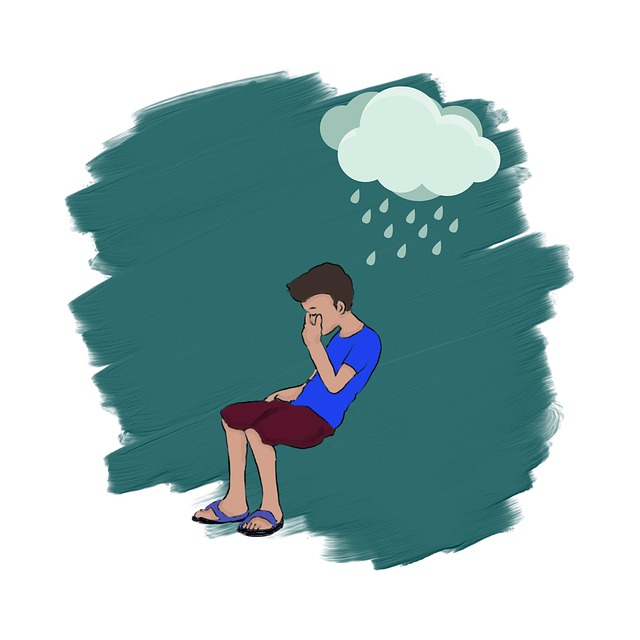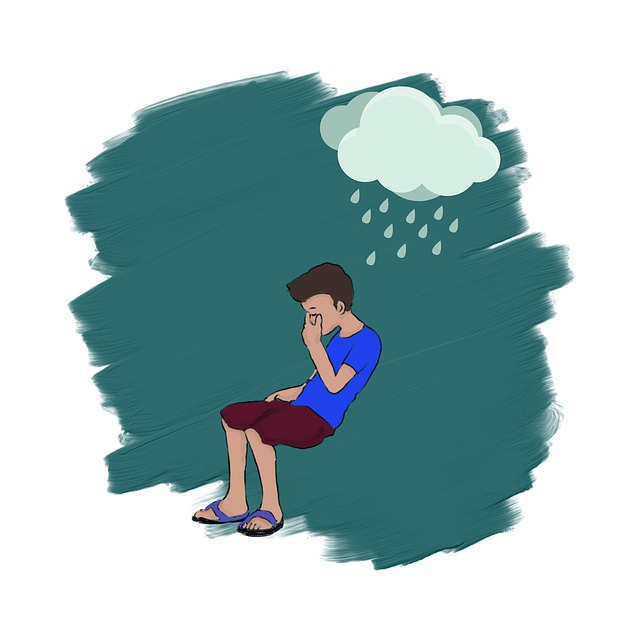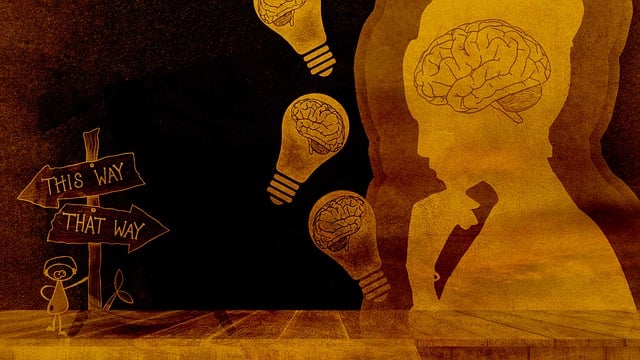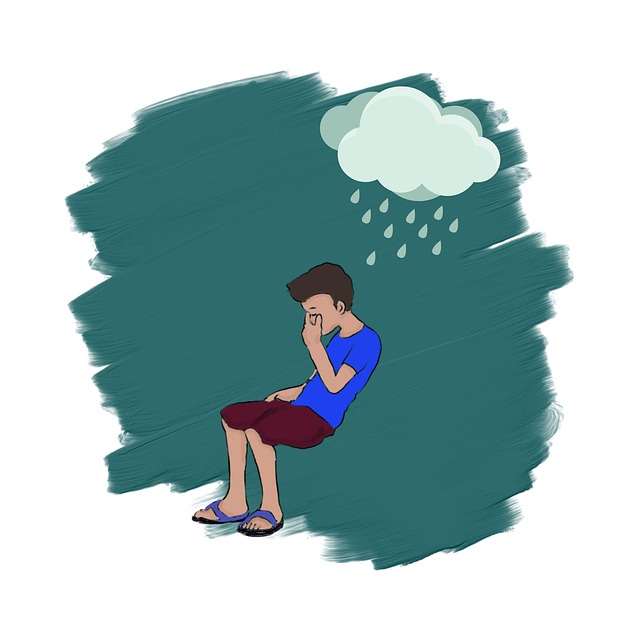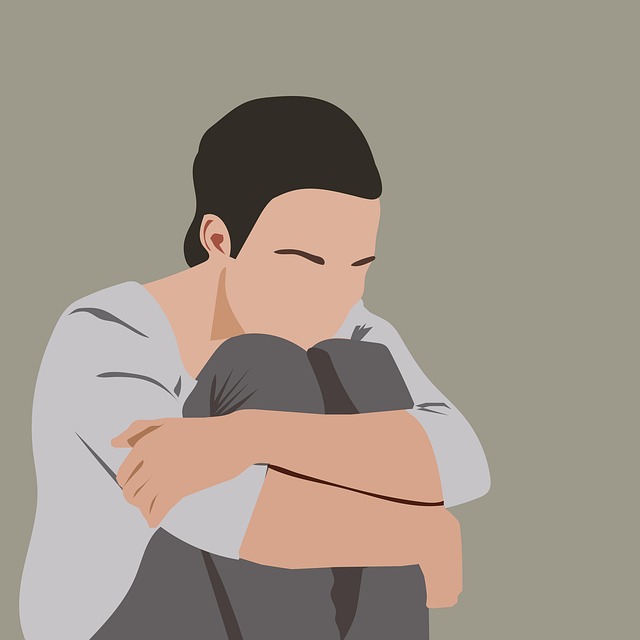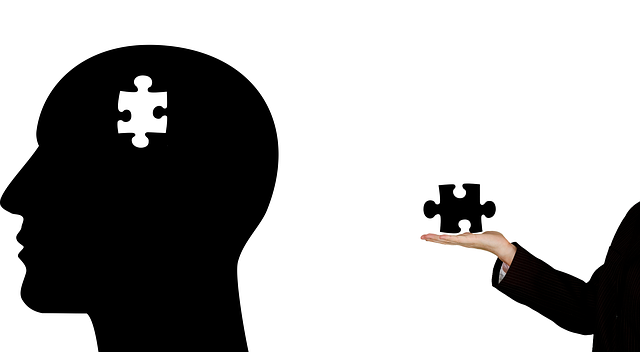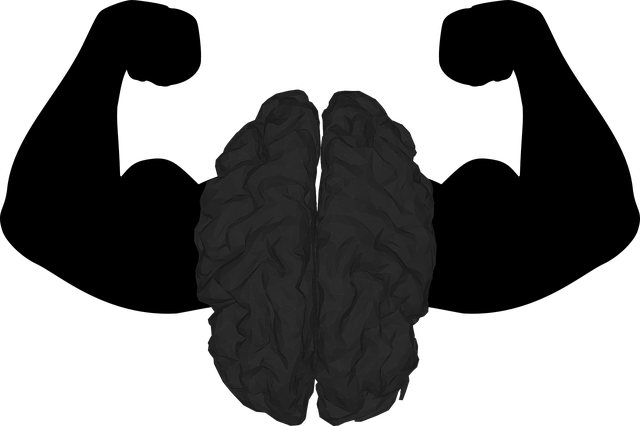Anxiety, a common struggle in today's fast-paced world, becomes debilitating when persistent. Lafayette Codependency Therapy offers holistic solutions by recognizing individual triggers, from past traumas to codependent relationships. It integrates Cognitive Behavioral Therapy (CBT) for managing negative thought patterns, and Emotional Intelligence training for better emotional interpretation. Mindfulness, relaxation techniques, and self-care routines build long-term resilience against anxiety. The program's focus on cultural sensitivity, tailored coping strategies, and conflict resolution skills ensures comprehensive mental wellness coaching for lasting inner peace and improved life quality.
Anxiety is a common challenge, but effective management techniques can empower individuals to lead fulfilling lives. This comprehensive guide explores various strategies, from understanding anxiety’s intricacies to powerful therapeutic approaches like Cognitive Behavioral Therapy (CBT). We delve into mindfulness practices and relaxation techniques for mental calmness, along with lifestyle changes fostering resilience. Discover how Lafayette Codependency Therapy offers a transformative path, providing tools to navigate and overcome anxiety, enhancing overall well-being.
- Understanding Anxiety: Recognizing Signs and Triggers
- Cognitive Behavioral Therapy (CBT): A Powerful Tool for Management
- Mindfulness and Relaxation Techniques to Calm the Mind
- Building Resilience: Lifestyle Changes for Long-Term Well-being
Understanding Anxiety: Recognizing Signs and Triggers

Anxiety is a natural response to stressful situations, but when it becomes overwhelming and persistent, it can significantly impact daily life. Understanding anxiety involves recognizing its subtle signs and triggers, which vary from person to person. Common indicators include heightened restlessness, rapid heartbeat, difficulty concentrating, and feelings of dread or fear. Triggers can be as simple as public speaking or as complex as past traumatic experiences, certain environments, or even interpersonal relationships, such as those involving codependency in Lafayette Codependency Therapy.
Emotional Intelligence plays a crucial role in managing anxiety by helping individuals interpret their emotions accurately and respond appropriately. Culturally sensitive mental healthcare practices, considering diverse backgrounds and perspectives, are essential for effective treatment. Additionally, Mental Wellness Coaching Programs Development can offer tailored strategies to cope with anxiety, promoting overall well-being.
Cognitive Behavioral Therapy (CBT): A Powerful Tool for Management

Cognitive Behavioral Therapy (CBT) is a highly effective and evidence-based approach to managing anxiety disorders. This therapeutic technique focuses on identifying and changing negative thought patterns and behaviors, offering individuals powerful tools to take control of their mental health. By challenging distorted beliefs and replacing them with more realistic and positive ones, CBT helps individuals cope with anxiety symptoms more effectively.
In the context of Lafayette Codependency Therapy, CBT can be tailored to address specific issues related to codependent relationships and the underlying emotional struggles that contribute to anxiety. This personalized approach not only enhances mental wellness coaching programs but also fosters self-esteem improvement by empowering individuals to develop healthier coping mechanisms. Public awareness campaigns development centered around CBT can further benefit communities by providing accessible resources for those seeking anxiety management techniques.
Mindfulness and Relaxation Techniques to Calm the Mind

In today’s fast-paced world, anxiety can feel like an ever-present companion. However, mindfulness and relaxation techniques offer a path to reclaiming calmness and balance. These practices, often explored through Lafayette Codependency Therapy, empower individuals to navigate their thoughts and emotions with greater awareness and equanimity. By focusing on the present moment and cultivating non-judgmental acceptance, one can reduce the grip of anxiety and enhance overall well-being.
Techniques such as deep breathing exercises, progressive muscle relaxation, and guided meditation serve as powerful tools for calming the mind. Incorporating these practices into daily routines can help manage stress and prevent anxiety from escalating. Moreover, engaging in conflict resolution techniques learned through Mental Health Education Programs Design can address underlying sources of anxiety related to interpersonal relationships, while Self-Esteem Improvement strategies reinforce a positive inner dialogue, fostering resilience against anxious thoughts.
Building Resilience: Lifestyle Changes for Long-Term Well-being

Anxiety management isn’t just about short-term coping strategies; it’s about building resilience for long-term well-being. Lafayette Codependency Therapy offers a framework to cultivate this resilience through profound lifestyle changes. By integrating evidence-based practices into daily routines, individuals can develop a stronger ability to navigate stressful situations and maintain emotional balance. This involves embracing self-care practices like regular exercise, mindfulness meditation, and adequate sleep—all of which are crucial components in strengthening the mind’s capacity to resist anxiety’s grip.
Going beyond these practices, Lafayette Codependency Therapy emphasizes emotional healing processes that target underlying causes of anxiety, such as past traumas or unhealthy relationships. Fostering a sense of self-worth and learning effective communication skills can also be transformative in preventing depression and promoting lasting mental fortitude. These holistic approaches empower individuals to take control of their well-being, cultivate inner peace, and lead more fulfilling lives.
Anxiety management is a journey, and with the right tools, one can achieve significant calm and resilience. By understanding anxiety’s intricacies through recognizing signs and triggers, individuals can empower themselves to take control. Cognitive Behavioral Therapy (CBT) offers an effective framework for challenging negative thought patterns, while mindfulness practices promote peace of mind. Additionally, lifestyle adjustments, such as those encouraged by Lafayette Codependency Therapy, foster long-term well-being and emotional stability. Combining these techniques allows one to navigate life’s challenges with enhanced resilience and a reduced anxiety load.
